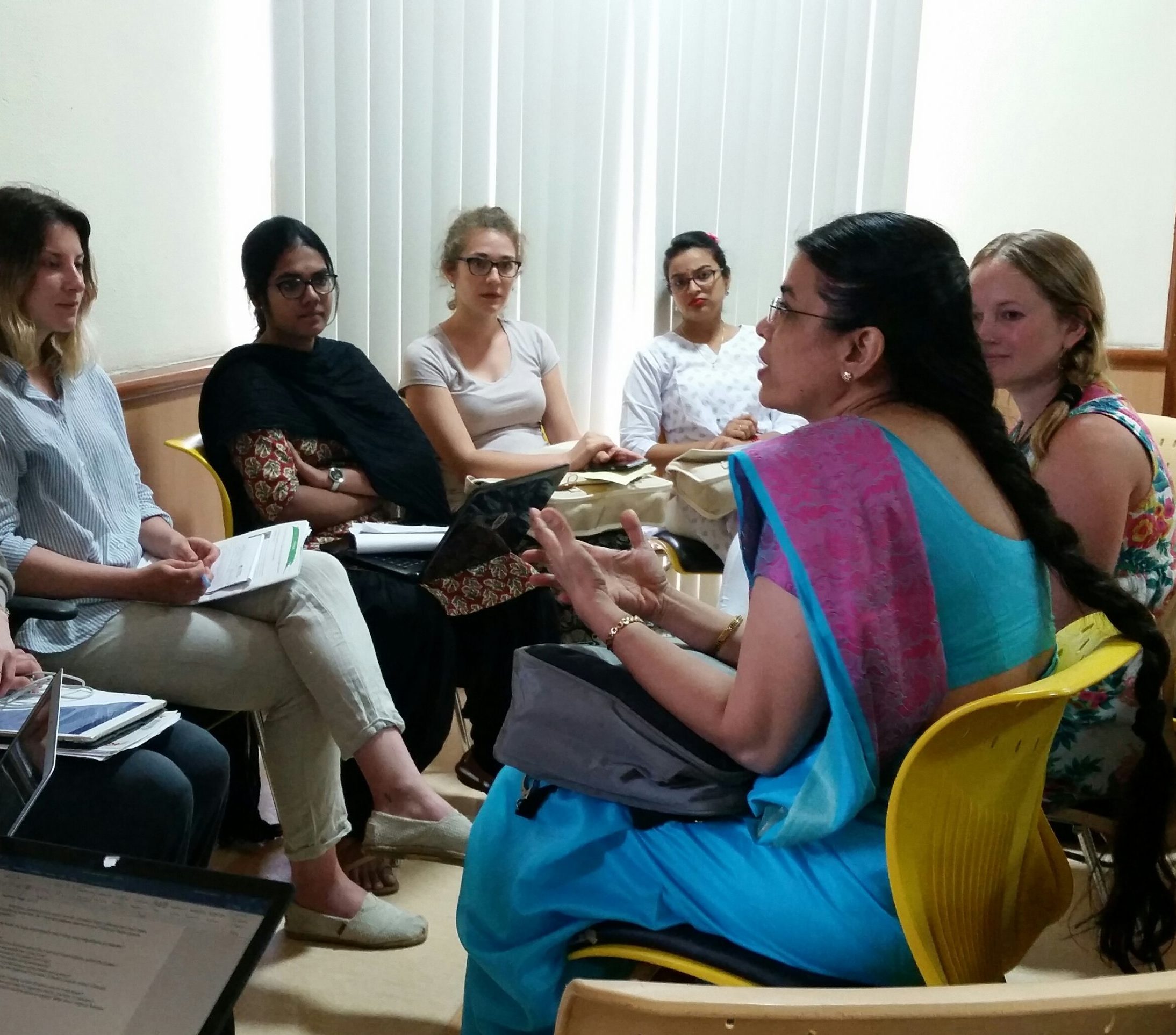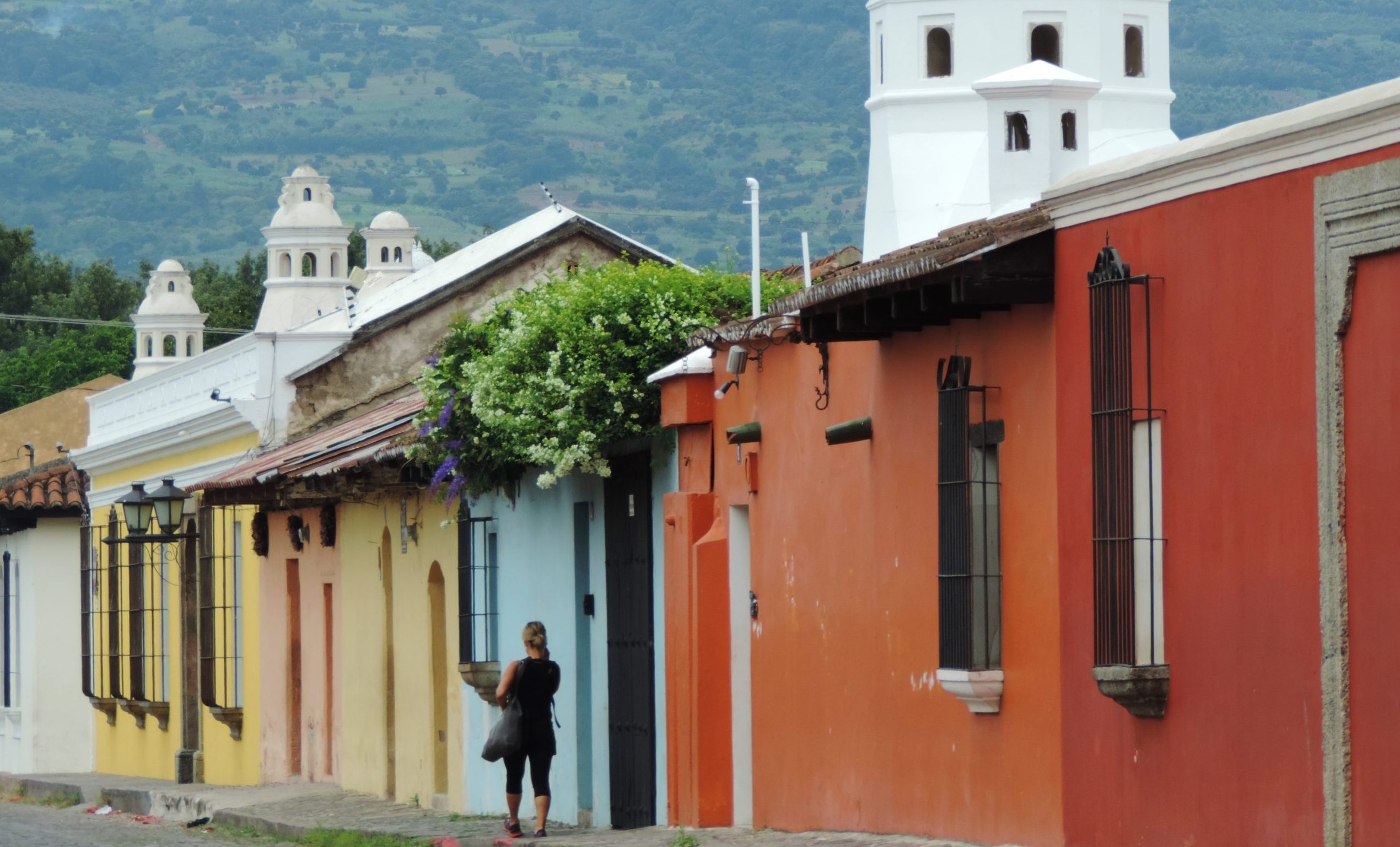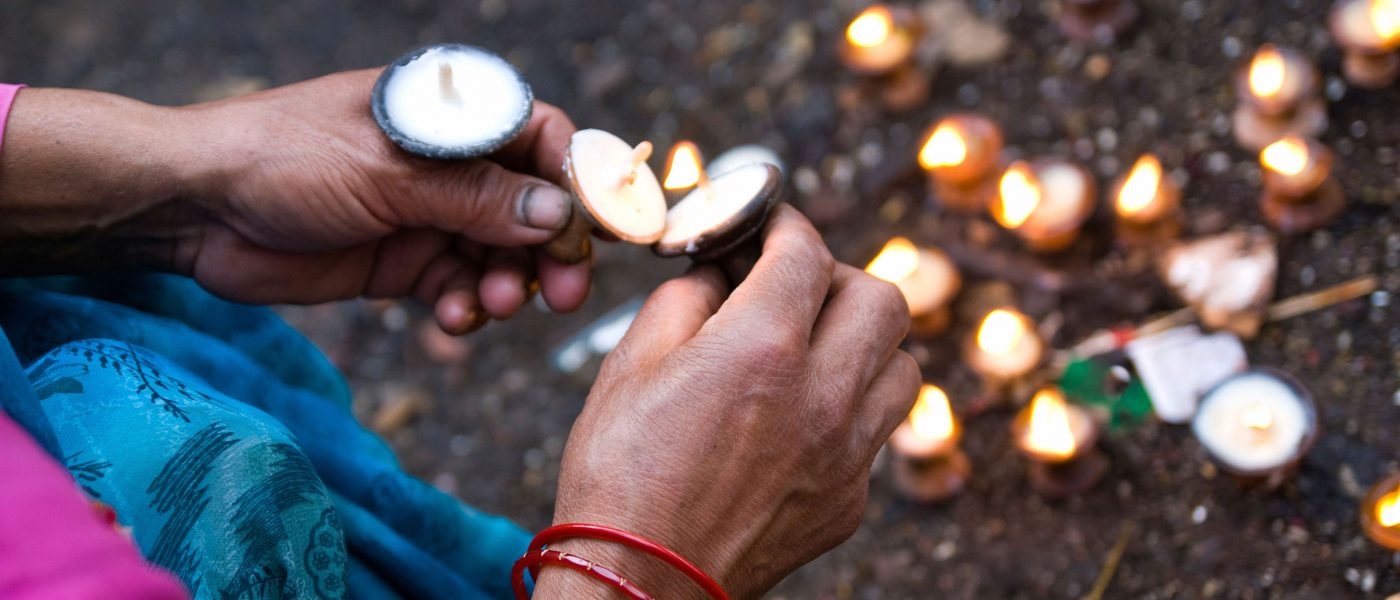Program Overview
Program Overview
The MSc Global Health is a 12-month multi-institutional and transdisciplinary program that provides students with the experience and skills that meet global marketplace demands. Sustainable Development Goals 3 (Good Health and Well-Being) and 4 (Quality Education) are at the core of the work we do. And we realize that these goals rely on Goal 17 (Partnerships for the Goals), which is why we continue to build higher education partnerships based on shared values and a commitment to creating next-generation learning environments.
Created as a collaborative offering with Maastricht University in The Netherlands, the program has evolved into a higher education consortium that spans five continents with partner institutions in eight countries:
- Maastricht University in the Netherlands
- Manipal Academy of Higher Education in India
- Thammasat University in Thailand
- University of South-Eastern Norway in Norway
- Universidad del Rosario in Colombia
- Ahfad University for Women in Sudan
- Niigata University in Japan
Cross Cutting Skills
The program follows the McMaster Model of student-centred learning that has been adopted by universities around the world. What makes the program unique is its transcontinental approach and the immersive learning environment which fosters internationalization and builds career skills for a globalized world. Students gain the key competencies and experience necessary for leadership careers within public health organizations, health care settings, government and non-government agencies, and the private sector.
Work with peers from partner universities in online, transcontinental teams and collaborate with a global network.
The program offers educational opportunities in different languages, specifically within the Foundations 1 and Foundations 2 courses where groups may operate in French or Spanish, depending on enrolment.
Develop the self-management skills, discipline, and entrepreneurial mindset that a virtual work culture requires.
Learn strategies to ‘read’ diverse group situations, build trust, and overcome communication and cultural barriers.
Make critical decisions in high-pressure work environments, like the simulated international symposium in India, where students face time constraints, heat and jetlag.
Investigate public policies and gain the written communication skills required for global projects and complex negotiations.
Concentrations and Mobility Options
Students have the opportunity to specialize in one of the program’s concentrations offered at McMaster or via exchange with our partnership universities.
Globalization and Equity Learn More
McMaster University (Canada)
Global Health Management Learn More
McMaster University (Canada)
Global Health: Disease Burden, Challenges and Changes Learn More
McMaster University (Canada)
Implementing Innovations on a Global Scale Learn More
Maastricht University (Netherlands)
Global Health Leadership and Organization Learn More
Maastricht University (Netherlands)
Community Health in Moving Populations Learn More
Universidad Del Rosario (Colombia)
Community (Mental) Health Learn More
Manipal Academy of Higher Education (India)
Public Health: Indian Approach Learn More
Manipal Academy of Higher Education (India)
Thesis Stream Learn More
McMaster University (Canada)
Watch the video to hear student perspectives about their experiences in the 2022 Winter Term mobility options.
You can also listen to the full Global Health Collective Podcast Episode here.

Next-generation digital learning
MSc Global Health students are immersed in an experiential learning environment that prioritizes global teamwork. Using technology platforms including Microsoft Teams, Microsoft Translate, Blackboard Collaborate, and Avenue to Learn, students collaborate with peers in the Netherlands, Norway, India, Thailand, Colombia, and Sudan.
Next-generation digital learning: Learn More
Global Health Learning Symposium
The culmination of the program is the Learning Symposium in India, where students from partner universities and includes group work, expert lectures, panel discussions and research forums, and optional student activities.
Global Health Learning Symposium: Learn More
Experiential learning
During the summer term, course-based students will complete a work integrated learning practicum, approved by your advisor and the program. The practicum requires you to work in an approved public or private organization related to your identified specialization.
Experiential learning: Learn More
